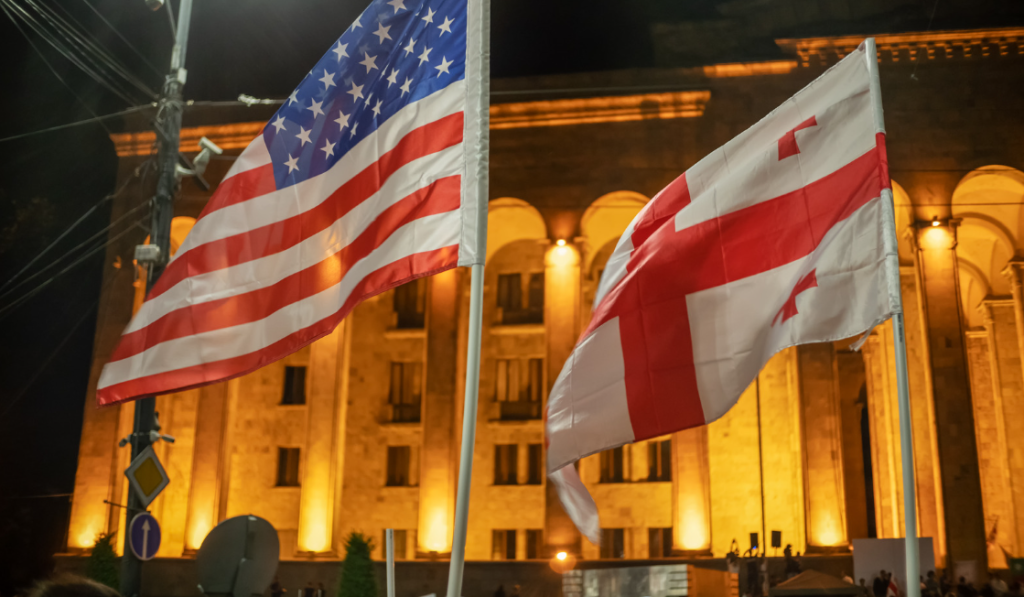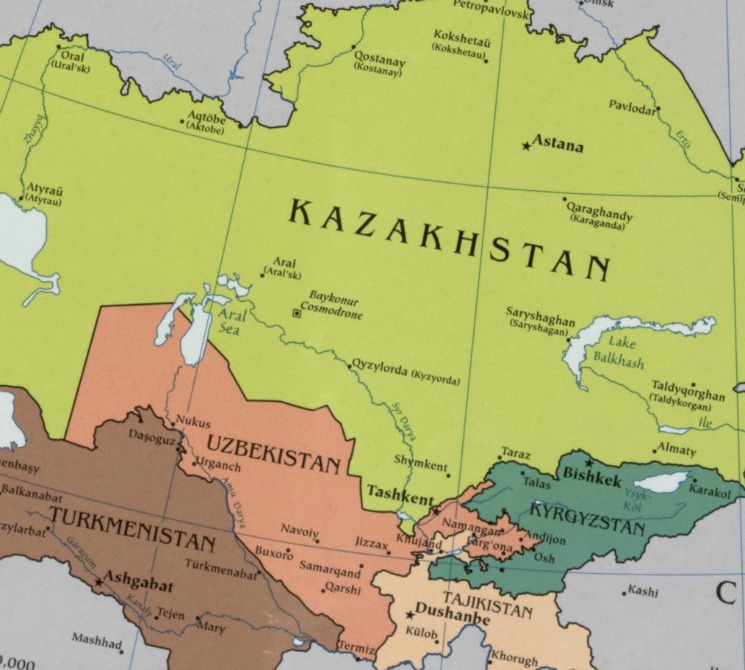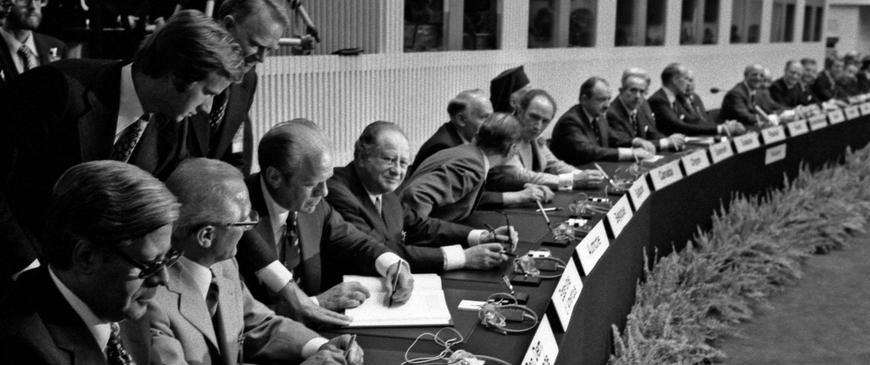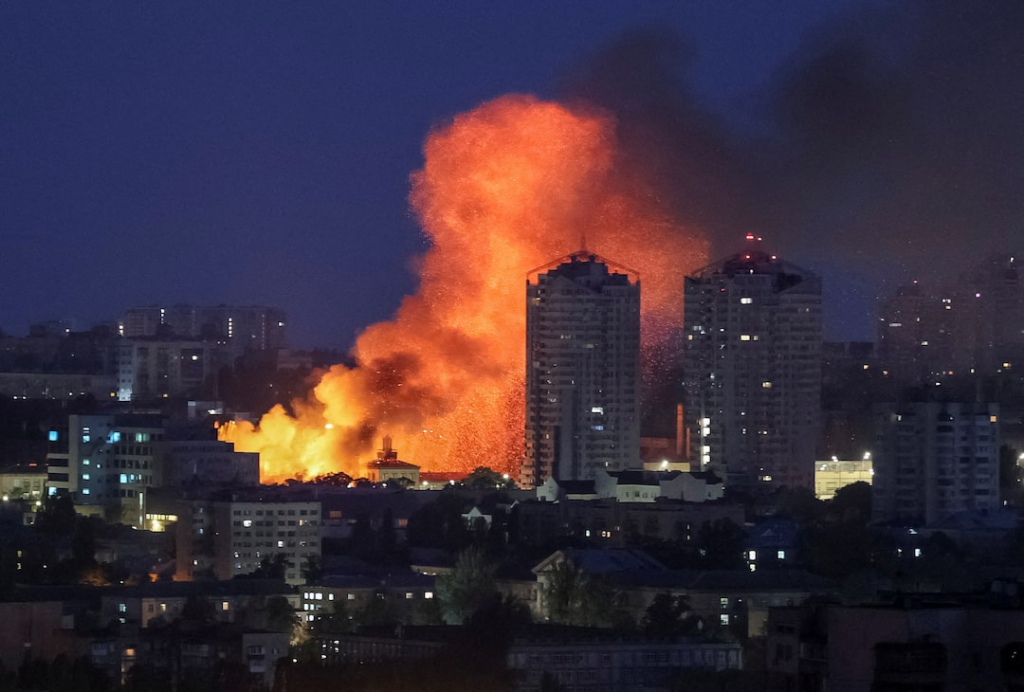Table of Contents
A note from the editor……………………………………………………………………………………………………………1
Investing in Ukraine’s Defense: Why Europe is Adopting the Danish Model to Aid Ukraine…………..2
Connor Lewis, Kampelman Fellow, Summer 2025
Normalizing Oppression: The Human Cost of Russia’s Support of the Taliban…………………………….5
Tyler Jacobs, Intern, Summer 2025
Russia’s Assault on Ukraine’s Social Services…………………………………………………………………………….6
Ann Olivia Radicioni, Kampelman Fellow, Spring 2025
“I Do Not Want to Die”: The Impact of the War in Ukraine on Domestic Violence in Russia………..11
Heidi Mattson, Intern, Spring 2025
Patronage and Publicity: Russia’s Approach to Influence Operations………………………………………..15
Sarah Stevens, Kampelman Fellow, Spring 2025
50 Years after the Helsinki Final Act: A Defining Moment for the U.S.-Led World Order……………18
Anna Baramidze, Anna Maria Papadopoulos & Yasy Celikoyar, Georgetown University











